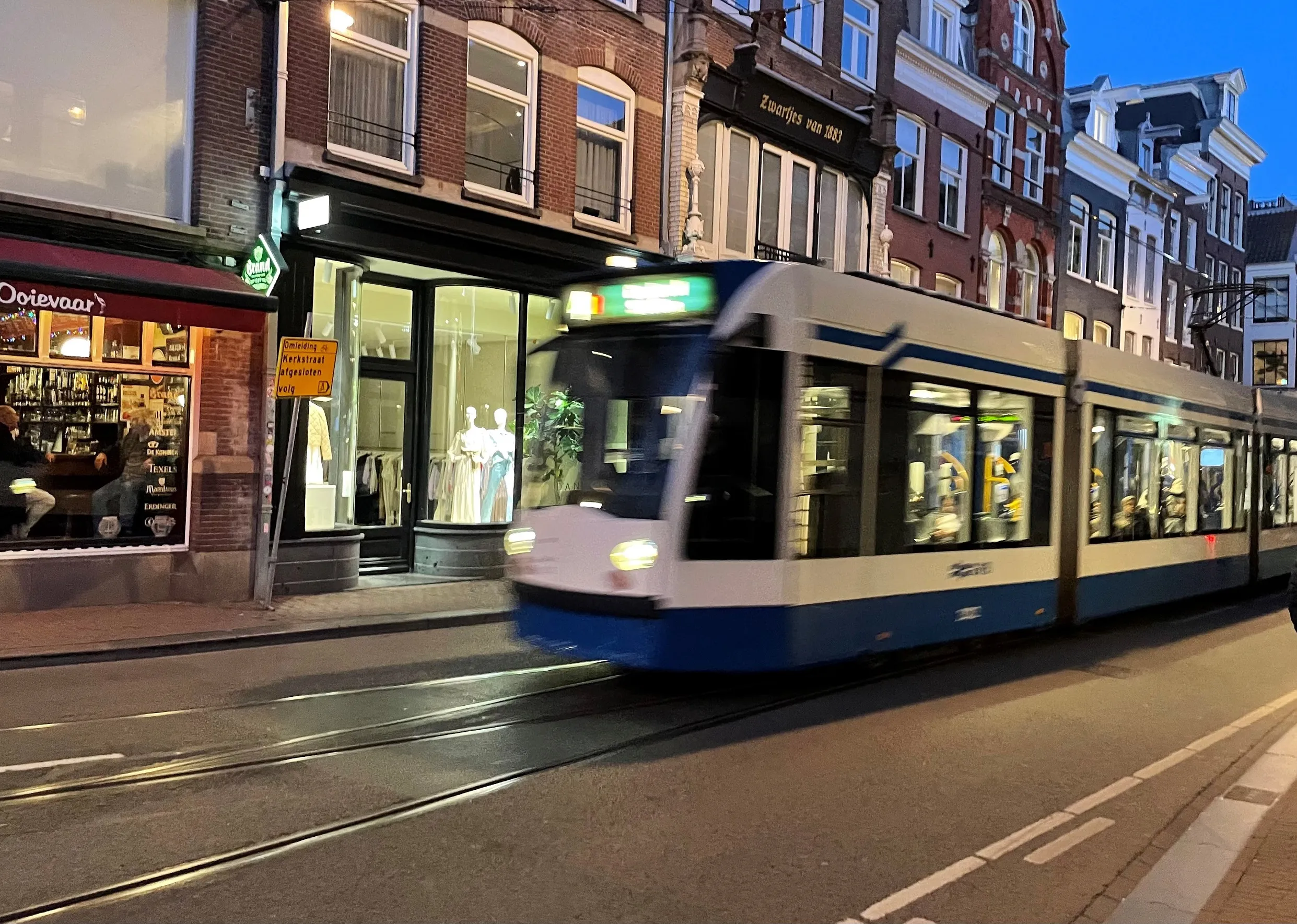Sustainable transport is key in providing equal access to social and economic activities for all, promoting equity and sustainable economic growth. It is equally an essential element toward reaching the Paris Climate Agreement. The challenge: emerging and developing countries face rapidly growing demand for transport infrastructure, while high-income countries struggle to upgrade and maintain substantial parts of their ageing transport infrastructure in the coming decade. Both require creative approaches to meet the transport investment gap and innovative thinking and technology to facilitate the Integration across transport networks and modes which is needed.
The 4th International Conference on Sustainable Mobility & 2022 IRF Annual Conference will be hosted in Marrakech on 6 October 2022. It will gather high-level stakeholders from the public and private sectors as well as start-ups to discuss innovative approaches to accelerate the roll-out of safe, inclusive, and climate-friendly transport infrastructure projects for sustainable economic prosperity and strong recovery from the pandemic.
The conference will take place in person and participation is free of charge, but limited number of places available. Registration will be soon available.









